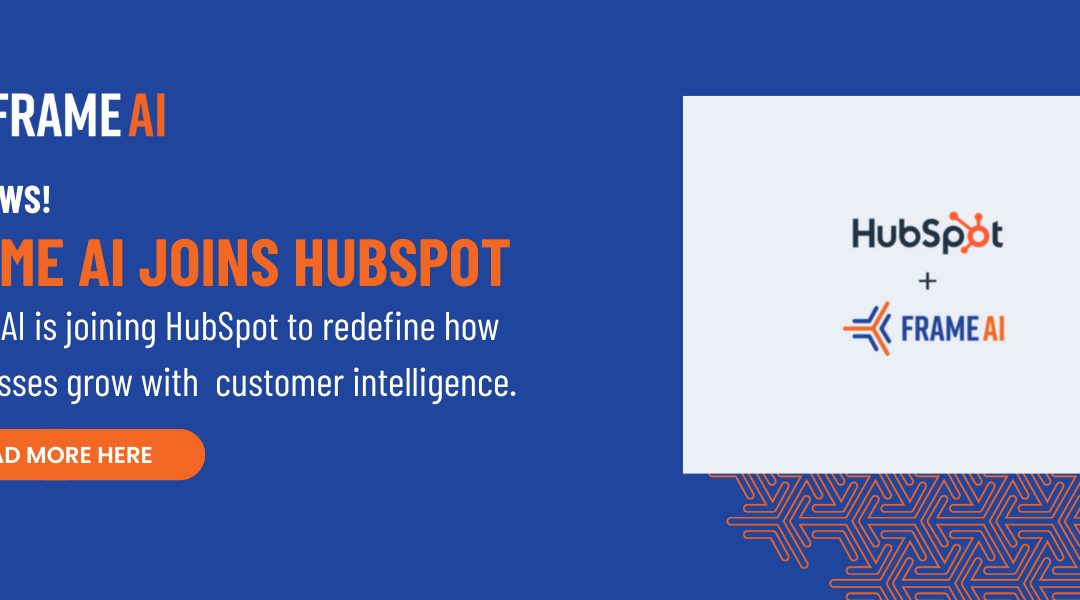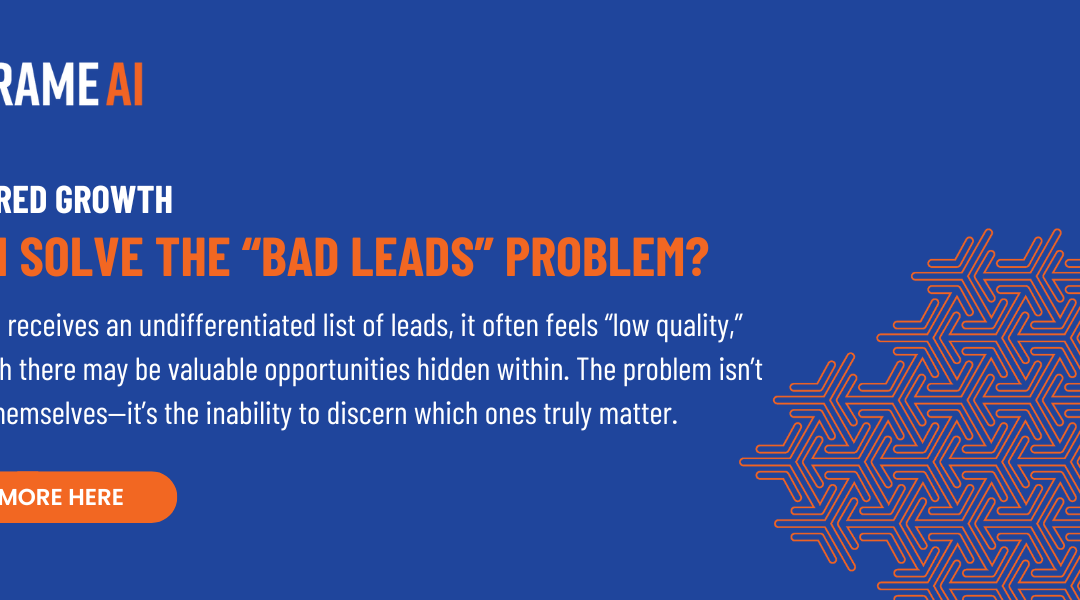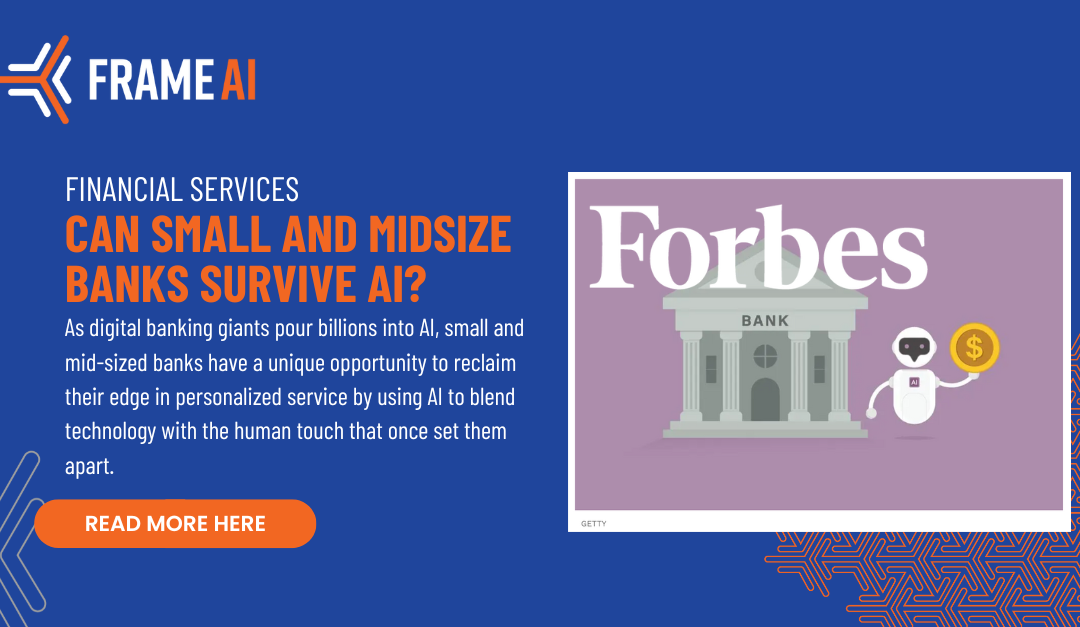At this point, it’s clear that companies that want to create or maintain a competitive advantage must pay attention to their AI strategy.
The good news is that most if not all of the tools in your company’s tech stack probably already have some form of AI baked into them — what we call “embedded AI.”
The bad news is that using disparate tools with AI locked into them doesn’t constitute an AI strategy.
This is where composable AI comes in. Let’s dive into what constitutes composable AI and why it’s so essential for today’s organizations.
What is composable AI and why does it matter?
Composable AI is a customizable framework that centralizes all your AI models across tools and datasets. It amplifies the benefits of your current tools, enabling you to use previously dormant data to identify trends and make predictions that serve many different business use cases.
Composable AI doesn’t require you to rip and replace tools that are working for you. Instead, the framework leverages the tech investments you’ve already made for your company and knits together previously siloed solutions into a business-wide AI solution.
What’s the difference between composable AI and embedded AI?
Embedded AI is by definition locked into a closed vendor ecosystem. Though this can be limiting, it does provide some advantages. The AI is well-integrated into that particular tool and very easy to stand up — it “turns on” with the product. For example, your CRM might come with AI-powered content tools, while your project management software automatically uses AI to streamline resource allocation.
While embedded AI can be very helpful for specific use cases, it’s an off-the-shelf system that’s limited to a certain subset of data. And while it strives to meet the needs of the average customer, it encounters a fundamental problem: there’s no such thing as an average customer.
Embedded AI might have amazing generic knowledge, but if it can’t respond effectively to your specific users, it becomes worse than useless very quickly. Take the recent case of AirCanada’s AI chatbot, which mistakenly told a customer that he could apply for a bereavement discount after his flight, which wasn’t company policy. These hallucinations can be disproportionately harmful to customers and have disastrous business outcomes.
Plus, with multiple embedded AI tools, you’ll likely have mismatched capabilities in various tools and products, and may have difficulty tracking data and generating insights across customer touchpoints.
Composable AI tames this chaos by enabling each system to work collaboratively to achieve your business goals. Instead of different teams working off different datasets, every team can continuously query all of the organization’s data for any function or objective. Instead of different AI systems creating discrete workflows for individual teams, composable AI provides comprehensive, holistic coverage that everyone in the business benefits from.
What are the benefits of composable AI?
Composable AI supercharges your existing tech stack. Embedded AI is great at enhancing the things you already do with those tools. Composable AI takes things further, working across tools and teams to address larger goals.
Take a support team at a bank as an example. If a customer mentions “grievance” on a call, a composable AI system could automatically flag that for the bank’s compliance team to investigate. In another example, say that a telecom company support team spends time on the phone with customers who need to activate their cable service. A composable AI system could leverage information shared in that call — say, becoming a parent or going on an international trip — to inform marketing messaging or cross-sell opportunities in the future.
Composable AI allows you to efficiently invest in the areas that matter most to your business. It creates consistency and provides a shared data repository that can be leveraged across teams. Every output of a given AI model is helpful to other models in the system, increasing returns for your business.
Conclusion
Today’s businesses need a bespoke AI solution to succeed. Frame AI’s Streaming platform for enterprises provides a composable AI framework for leading brands and software companies, enabling them to transform unstructured data from across the organization into actionable insights. Request a demo of Frame AI today.




